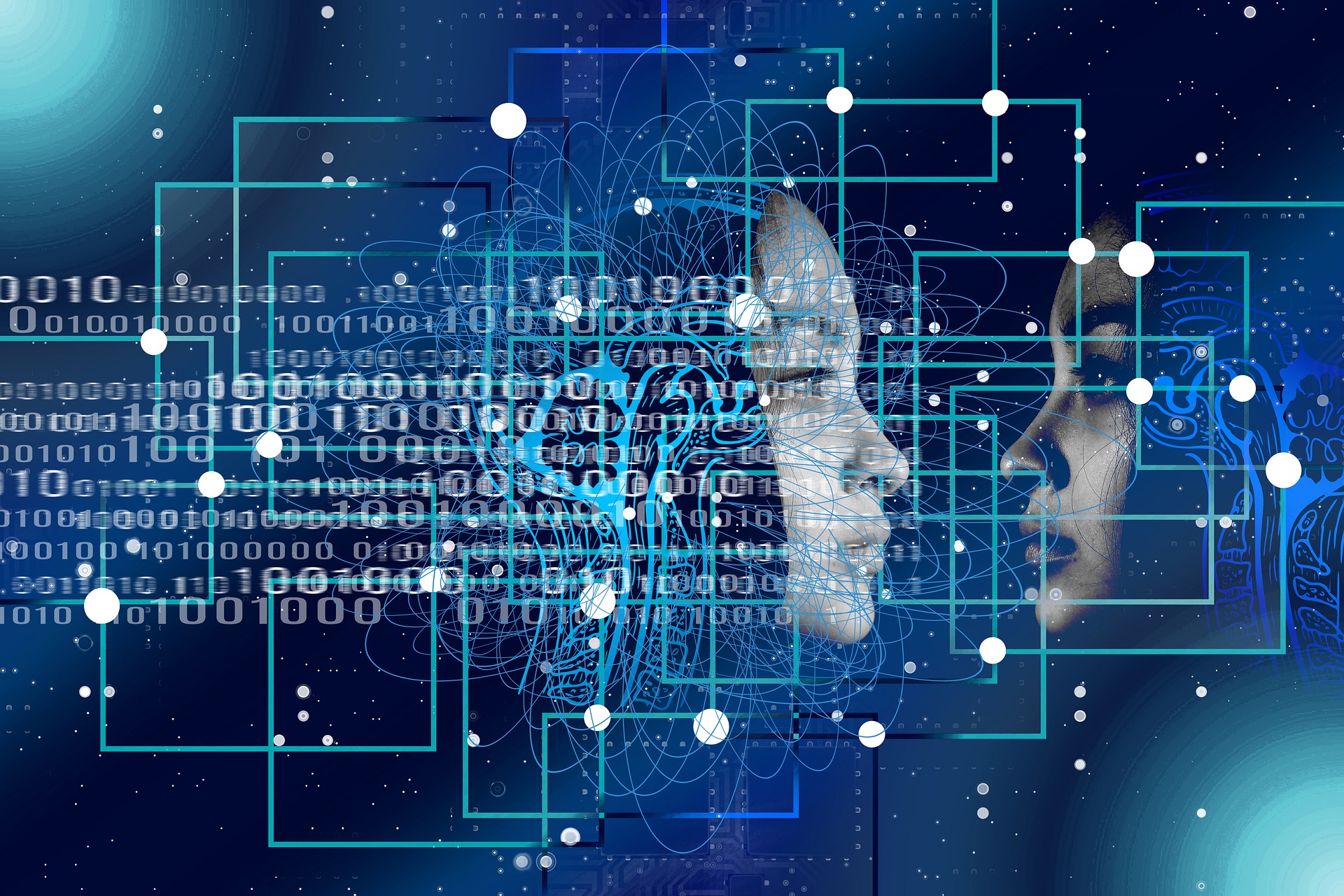Quantum Mind : Where does our consciousness come from?

We already know the position of celestial bodies, measure them, and even predict the fate of this universe. But we haven't been able to answer the most basic questions about ourselves. Where does that consciousness come from?
It is ironic that we venture into outer space to investigate the universe, yet we cannot answer simple questions about ourselves here on Earth. As humans we have consciousness. But where does that consciousness come from?
Researchers have long known that the concept of consciousness is different from thought. Our brains can obviously think, but where does that consciousness come from? Of course a surgeon can easily answer that, namely consciousness emanating from the brain. Just try to do the head surgery and have the brain removed, do you think you can still be conscious? Of course not. But it's not that simple. We know how the mind works, that is, with the complex interactions of nerve cells present in our brains. We can even imitate the workings of the mind and apply it, for example in computers and artificial intelligence (AI). We can even make them have memories to solve problems, just like the human brain.
However, can we imitate consciousness? Until now we couldn't do it, because we still didn't know how consciousness worked and where it came from. Uniquely, this question can be answered with the theory of Quantum Mechanics.
What if consciousness is not actually biological (like thoughts that come from the brain which is a living cell), but comes from something physical (physics)? You may think, how come these particles imitate humans, how come they have consciousness? But what if the opposite. What if we could have consciousness, because of the quantum particles that have consciousness in our brain?
The concept of consciousness has long been explored by physicists, particularly quantum mechanics. Eugene Wigner (recipient of the 1963 Nobel Prize in Physics) had suspected that quantum mechanics had something to do with how the brain worked. Freeman Dyson, a physicist, also believed that the electrons in our brains determine our decisions. David Bohm, who is said to be one of the best theoretical physicists of the 20th century, believed that one day we would be able to discover the connection between matter (physical particles) and our consciousness. The concept that links our human consciousness with the behavior of particles in Quantum Mechanics is called Quantum Mind.
But is it possible for us to combine physics and biology through this research on quantum consciousness? A veteran physicist from Oxford named Sir Roger Penrose and a professor of anesthesia from the University of Arizona named Stuart Hameroff collaborated to come up with a theory called Orchestrated Objective Reduction.
Roger in his book entitled Emperor's New Mind in 1989 suggested that deep in the brain, there are cells that contain quantum particles that give awareness to the brain. Stuart, a biologist, theorized that the particle's location was located in one of the organelles (organs in the cell) called microtubules. Microtubules consist of a protein called tubulin and in this tubulin there is a pair of electrons that are bound. This pair of electrons then gives us consciousness.
This theory is very controversial. Of course it is inconvenient for us to admit that our consciousness which makes humans a superior being is actually endowed with inanimate objects that already have consciousness. But this theory, if true, would be the missing link between Physics (represented by Quantum Mechanics) and Biology, (especially neuroscience or the study of nerves).
But of course there are many physicists whose opinions contradict the physicist's metaphysical views. One of them is Victor Stenger, who calls quantum consciousness a myth with no real scientific basis, aka nonsense.
Returning to our discussion of the stars. If a star has consciousness, does it have the same abilities as that of a "conscious" human. For example, we have emotions such as anger, sadness, happiness, fear. Do the stars feel it too?
In addition, if you have read about John Archibald Wheeler's Cosmic Interferometer experiment, you may recall that stars millions of light years away know that we will observe their light through a double slit experiment, millions of years before that experiment was carried out. That means, if they want, they can see far into our future.
So if you see stars in the sky someday, think about it. Our destiny is not written among the stars, but please know that they may know our destiny.
The debate about it will never end.